Introduction
One of the educational areas which students should master,it is time management. Between courses, clubs and societies, part-time work as well as trying to have a social life whilst also finding time for yourself; being able to manage your time effectively is vital in both aiding you into academic success but also having that healthy dose of work-life balance. If you are still wondering how to manage time, well … easier said than done. Thankfully, many books offer tips and tricks on how students can schedule their time wisely. In terms of setting the right tone and being fruitful, these books also teach us valuable stuff about doing what needs to be done first, avoiding procrastination — beating our foes every morning. We Are going to discuss seven must-read time management books every student should read improve your productivity and success.

Time Management for Students
7 Time Management Books Every Student Needs to Read
1. “The Productivity Project: Accomplishing More by Managing Your Time, Attention, and Energy” by Chris Bailey
- Overview: All introduced and tested during a rather enjoyable year long experiment by Chris Bailey in his book, The Productivity Project. Bailey approaches productivity from a holistic perspective, not just about managing time but using your attention and energy— the two other key elements of time management!
- Key Insights:
- Rule of 3: According to Bailey, pick three things you want to get done that day. This way, the student has a clear idea of what they need to execute on before and there is no feeling overwhelmed with all that needs to be done.
- Attention as Asset: The book makes you think about time management and then focus on managing attention. They talk about how mindfulness, decrease of distractions and things like that are helping you to stay focused during your deep work tasks.
- Energy Management — Bailey writes about managing your energy levels throughout the day, suggesting taking regular breaks as well as eating and sleeping enough to be able to work at a high level.
- Practical Application: Students could also use Bailey’s tools to design an all-around productivity strategy, that ensures they can not only schedule their time effectively but stay in the right mood and mindset while working.
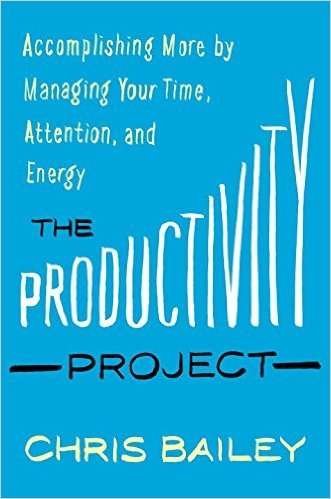
2. “168 Hours: You Have More Time Than You Think” by Laura Vanderkam
- Overview: In 168 Hours, Laura Vanderkam challenges the conventional wisdom and brings stability to what we can accomplish. Vanderkam suggests that we all have the same 168 hours as Aiyer and calls bullshit to time management, claiming it’s not about managing our time but ad rather an issue of prioritization. She offers solid strategies for determining what really matters and how to best utilizes time.
- Key Insights:
- Time Tracking The Book One of the primary strategies in the book is time tracking — writing down every hour in your week. It allow students to see trends in their time which then allows for more effective allocation of resources.
- Concentrate on Core Competencies: Vanderkam tells her readers to follow their strengths and long-term goals so they can spend time in an area of high leverage.
- Outsourcing and Delegation: The book also promotes the concept of outsourcing or delegating things not so important to you, showing students how they can focus on studies and personal betterment even more.
- Practical Application: Students use Vanderkam’s information to better analyze time-use and make objective decisions based on their own sense of effort.§ Metaacommentary — A lot is made in two sides of standard libertarian philosophy that preaches the “deservingness” young people should have. This method ensures that you take fewer distractions or tasks and center around what matters.
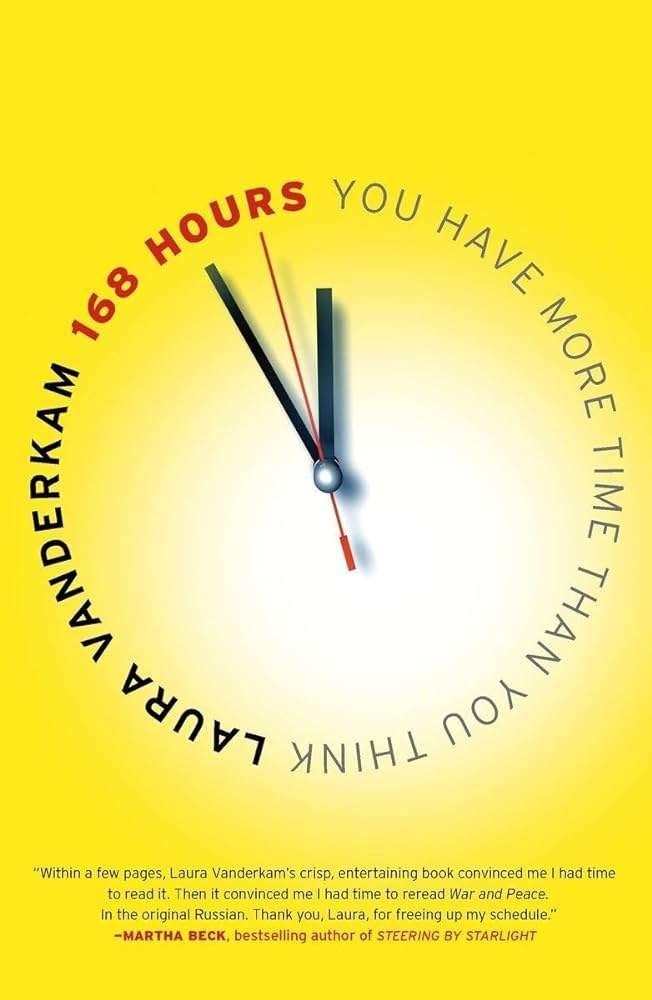
3. “Manage Your Day-to-Day: Build Your Routine, Find Your Focus, and Sharpen Your Creative Mind” edited by Jocelyn K. Glei
- Overview: One being Manage Your Day-to-Day a series of reflections from productivity pros about how to create better habits, stay in the zone and maximize creativity. This book falls under the 99U series and is quite beneficial for those students you need tips on managing your day to be more efficient in a distracting environment.
- Key Insights:
- Routine Building : The book mentions the importance of having a daily routine that inculcates productivity. A regular routine provides students with clear choices that allow them to focus on essential activities and minimise critical decision fatigue.
- Time for Creative Work — A number of essays focus on creating the right kind of space to do creative work and keeping out distractions. This is especially useful for the students when working on projects that require deep thinking or creativity.
- Distraction Control: [The book] gives advice on how to cut down those distractions (like limiting your email and social media checking over the day) so that you can focus solidly on doing academic work.
- Practical Application: Students will leverage the advice from this book by creating a structured daily routine that incorporates time for deep work and chunks of creativity. Students can improve their grades and keep stress levels down by reducing distractions, which in turn will allow them to focus on the most important tasks.
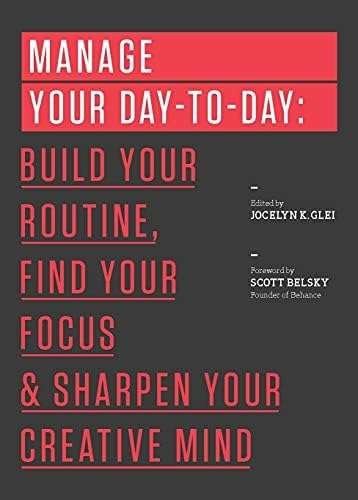
4. “The Pomodoro Technique: The Life-Changing Time-Management System” by Francesco Cirillo
- Overview: The Pomodoro Technique is a time management method developed by Francesco Cirillo in which work is broken down into 25 minute intervals, called “Pomodoros”, each followed by short breaks. It is a simple, but effective technique to keep students focused and productive without burning out.
- Key Insights:
- Time Blocking: Using a popular time-management method — the Pomodoro Technique, which capitalizes on our natural attention cycle by having students work in short pushes of focused energy Arguably, this is being used for the purpose of not procrastinating and making sure we do not feel overwhelmed because our tasks are too broad.
- The Regular Breaks: The breaks are an important part of the Pomodoro Technique to help keep your energy at a high and reduce mental exhaustion. This can help students study for longer periods of time, with greater focus due to the brain not being overly worn out.
- Regular Accountability: Cirillo stresses the need to track completed Pomodoros return on investment production and adjust your study techniques going forward. This tracking gives a feeling of achievement and can encourage students to be more attentive.
- Practical Application: Pelajar dapat mengamalkan Teknik Pomodoro semasa sesi pembelajaran untuk meningkatkan fokus dan imej. This way is especially useful for assignments or studying big exams because it simplifies all the work out into parts.
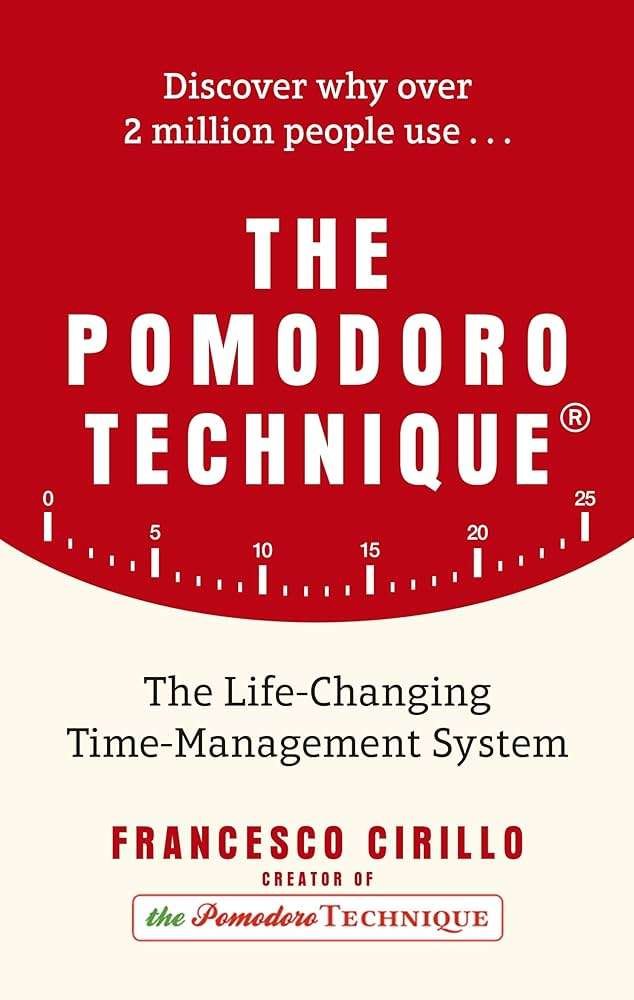
5. “Essentialism: The Disciplined Pursuit of Less” by Greg McKeown
- Overview: Essentialism is Greg McKeown’s exploration of how to simplify and focus on what matters most in a world that has embraced the idea that more is better. Instead, with this book you cultivate disciplined time-usage — how to say no the less priorities and come up as a diligent student.
- Key Insights:
- Essence: The McKeown philosophy is to do less, but better. This way they were able to focus on the high-impact activities that help them fulfill their goals.
- The Power of No: Its central idea is if you have not identified the few things that your long-term goals require you to focus, and make little bites in new projects out of those requirements (limiting typically wasteful tangents), but yes on nothing else from all other avenues.
- Selective Criteria: McKeown introduces the idea of measuring opportunities based on selective criteria. Adherence to these strict standards can help students only accept those tasks and commitments that are in line with achieving their highest goals.
- Practical Application: These principles of Essentialism can be applied to scheduling, prioritizing studies and activities that are in line with academic or personal objectives. It helps manage overwhelm and be intentional about what we put our time into.
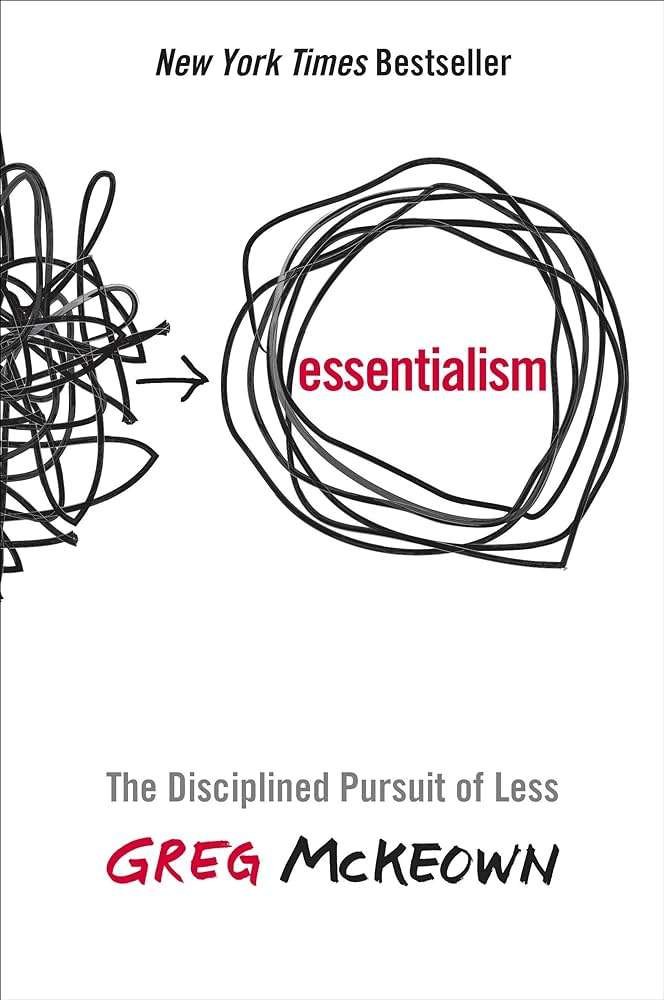
6. “The Time Chunking Method: A 10-Step Action Plan for Increasing Your Productivity” by Damon Zahariades
- Overview: Damon Zahariades highlights the Time Chunking Method, a method that provides killing your day into clocked times devoted to different purposes. This way the students do their time management properly and stay focus in full day.
- Key Insights:
- Time Block: The book talks about how to chunk bits of your day into specific time blocks for various activities, you can cut out unwanted interferences and work more productively. Every chunk corresponds to a particular job or type of work so that you will have focus and get things done.
- Time chunking — how it helps with prioritization: You heard that mention of tasks you had no time to get done and starting but not finishing them?
- Flexible and Adaptation: The technique also highlights the importance of staying flexible with time chunks given, so you can adapt them as necessary. You can reschedule, and thus shift higher-priority work to an earlier time slot or later one without losing productivity.
- Practical Application: This is useful in students organizing their day by using the Time Chunking Method as they spend time on each subject or task (to prevent mental stack overflow). This trick is particularly effective when you are dilemmatic to manage study-time amidst part-time job-parties or any other similar obligations.
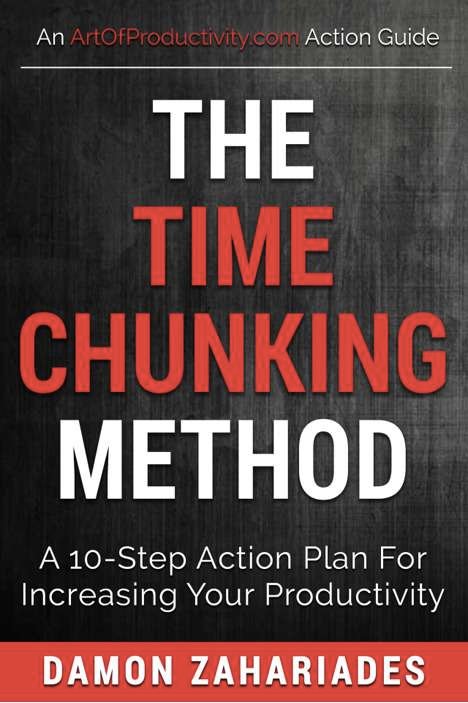
7. “The 5 AM Club: Own Your Morning. Elevate Your Life.” by Robin Sharma
- Overview: In his book The 5 AM Club, the author Robin Sharma talks about mornings as being a powerful part of your day and how it can be great catalyst for increased productivity & focus. The authors offer a morning routine blueprint to wake up with intention and focus for the day ahead.
- Key Insights:
- Morning Routine: Sharma preaches about the importance of a well-balanced morning routine of exercise, reflection and learning with intentional focus on influencing for the better during the rest of your day. If you kick off your day early, students are better able to focus on important things before the usual distractions begin.
- The 20/20/20 Formula: The book present the 30-day plan uncovering the morning routine comprised of a series of exercises spending time for both reflective as well learning purpose each within their own oribit, exercising personal tools such that they take twenty minutes collectively (i.e., exercise [Component number One], reflection [component two] and learn something new aloud just made up -suppose its real). Our approach works with students to improve their mental, physical and emotional health.
- Hours of Absolute Focus (Peak Productivity Hours): Sharma covers the early hours when our minds are at their most clear, fresh and distraction-free in order to maximize productivity.
- Practical Application: Students can practice the concepts outlined in “The 5 AM Club” to use what goes down in their morning hours only him a day browser that will powerful productivity almost all wish long. When a student wakes up early and starts the day right they are on top of their studies for that day, giving them an advantage to maintain focus throughout.
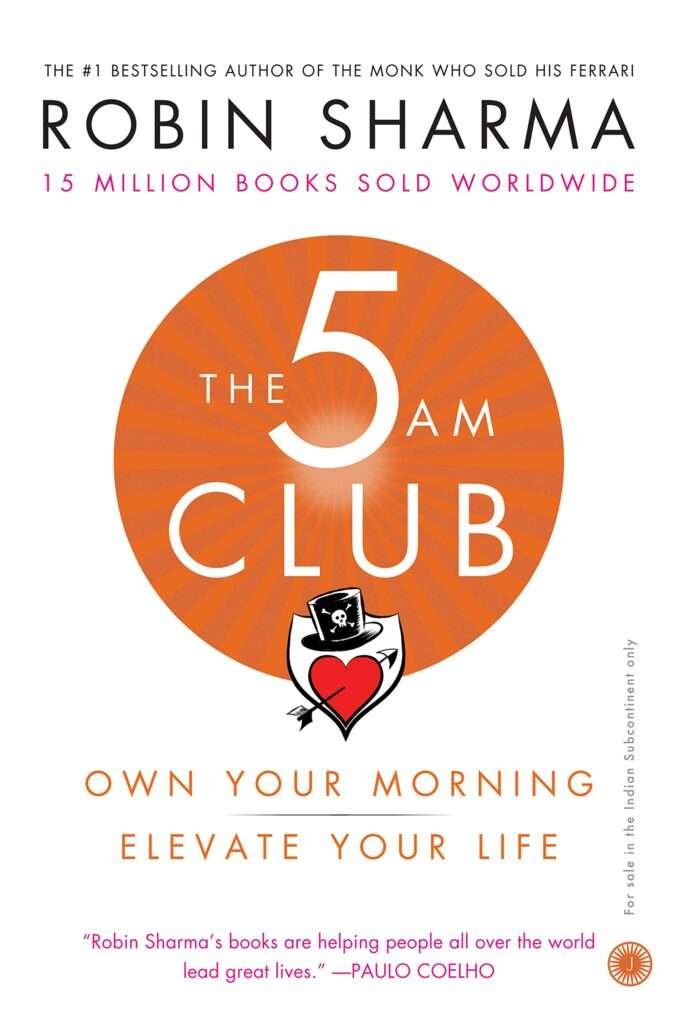
Why We Need This? | Time Management for Students
For instance, students must learn how to manage their time well if they want to juggle the various aspects of academic life while still enjoying a reasonable amount free and playtime. If you students are not able to manage their time properly they will in long run, face deadline crunches with pending assignments or simply high stress levels. Time management is not solely about cramming more things in; it’s a bunch of deliberate choices that let you prioritize success, growth and mental health. The most efficient students implement all of the time management techniques learned through college and have a better scholastic experience — simply by managing their study Spanx.
How It Can Benefit Us? | Time Management for Students
A variety of benefits exist for students who are able to develop strong time management skills, such as:
- Better grades and understanding of the material: When students make efficient use of their time, they will reserve enough study time toward studying,doing assignments or exam preps Therefore performs better academically than if you waste this time behind ineffective distractions that rob valuable reading hours Much from your precious program
- Less Stress: Being able to manage their time and keep on top of things helps students avoid the stress caused by leaving it all till the night before, or handing that important assignment in late. The successful management of a busy schedule will yield a more stress free and balanced life in the academic world.
- Improved Productivity: Time management skills like the Pomodoro Technique and Time Chunking aid students to work faster as they are able to complete more in a lesser time now. This higher productivity allows me to have more time for my hobbies and social life.
- Work-Life Balance: Effective time management allows students to make sure they have enough rest, exercise and socialising which is critical for both mental health as well as general physical wellbeing. Combine work with a personal life (this one will help prevent burnout and overall health)
- This will increase motivation, and bring a sense of achievement)2 IncreasedMotivation & FocusOnce students manage their time properly it will make them feel empowered with the feeling); they now have achieved something. And these small wins — making an entire study session, finishing a project early… whatever that is for you tend to make us more productive.

How Books Can Help in This Case? | Time Management for Students
And books are a gold mine of information for learning time management. Here’s how they can help:
- Tested Strategies: The time management books provide with guides that have been proven to work for countless students and professionals. These are tried and tested strategies which come out from a lot of research & experience, hence they are the most reliable ways to manage time well.
- More Detailed Insight: The books are a detailed insight into the concepts of time management and how not only what can be done but why one thing should do. The reason it has such value is because students will have learned the particular strategies that work best and how they can also relate to them personally.
- Actionable: Much of teaching time management is done through methods, such as with exercises that students can take right away. These books offer straightforward, methodical steps for creating anything from a study schedule to the perfect morning routine or options for breaking your work up into actionable segments.
- Personal Development: Time management books frequently include related topics like goal setting, building habits, and how to prioritize. Not only can these skills help in time management, but they will also make you successful in all areas of life.
- Lessons for Afterward: Time Management books can provide life lessons that do turn into long-term boosts as well. By having more structure throughout these formative years, students can walk into their work life ready to handle both small and big tasks that come with whichever job they hold; ultimately living in success from using proper time management at a younger age.
Conclusion | Time Management for Students
At the end of our article, you can find a list of books on time management actually written to help teachers; nevertheless those listed are basic guides and may give students some useful advice also. These seven books on time management run the gamut from strategies for prioritizing tasks and establishing good habits to tactics for battling procrastination or creating daily routines that help ensure you get things done. Students can organize their time, reduce stress and accomplish more using the principles from these books. Take your first step towards mastering time management with one of these books, and apply the tips that work best for you.
FAQs | Time Management for Students
- What is the most effective time management technique for students?
One of the most effective time management techniques for students is the Pomodoro Technique, which involves working in focused intervals with regular breaks. This method helps maintain concentration and prevent burnout. - How can I stop procrastinating and start managing my time better?
To stop procrastinating, start by identifying your most important tasks and tackle them first. Books like “Eat That Frog!” by Brian Tracy offer practical advice on how to overcome procrastination and manage your time more effectively. - Can time management books really help improve my study habits?
Yes, time management books provide proven strategies and techniques that can help you improve your study habits, stay organized, and manage your time more effectively. Applying the advice from these books can lead to better academic performance and reduced stress. - How can I balance my studies with extracurricular activities and personal life?
Balancing studies with extracurricular activities and personal life requires effective time management. Prioritizing tasks, setting clear goals, and using time management techniques like those found in “Essentialism” by Greg McKeown can help you create a balanced schedule. - What is the best way to create a study schedule that works?
The best way to create a study schedule is to first identify your most important tasks and deadlines. Then, allocate specific times for studying each subject, using techniques like time blocking or the Pomodoro Technique to stay focused and productive. Books like “Getting Things Done” by David Allen provide valuable insights into how to organize and manage your tasks effectively.
Check Out The Sources
Check Out More


